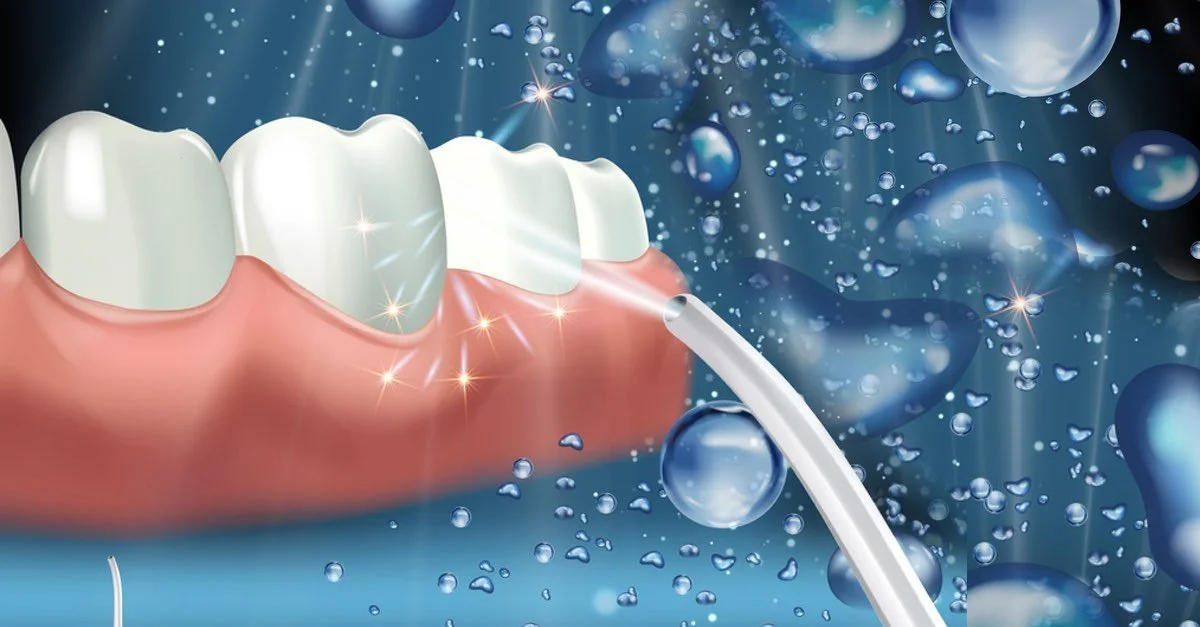Retirement Planning For Your Dental Needs
Do you assume that when you turn 65 and enroll in Medicare, all your healthcare needs – including dental – will be covered? Most Americans are surprised to learn that, with few exceptions, Medicare does not cover dental services. Or hearing aids and eyeglasses, for that matter.
Paying for dental care can become a real challenge, particularly when you’re no longer employed and collecting a salary. Many people underestimate their medical expenses, which only increase as we age. What can you do to not get caught off guard?
Develop a master plan
Five years before you stop working, meet with your dentist to evaluate your mouth. Have your dentist identify your dental needs and determine what’s urgent, non-urgent, routine, or optional. Maybe now is the time to finally get a crown on that large filling that’s been slowly deteriorating. If you’ve been considering cosmetic enhancement of your teeth, factor those needs into the plan. Create a year-by-year plan that includes routine treatment like cleanings and examinations, and prioritizes any specific treatment.
Even with a master plan, understand there will be unanticipated needs. For example, a tooth can break at any time and there’s typically no way to predict this event.
Take advantage of your dental insurance
Approximately 50% of Americans have some form of dental insurance. Chances are this employer benefit will cease when you stop working. Almost all insurance plans have annual dollar maximums that go away if the money is not used within that time period.
Use your dental insurance to full advantage in the overall treatment plan by working with the dentist and staff. Insurance rules and restrictions are complicated and they will have more expertise in this area.
Establish a dental budget
Just as you would budget for other expenses in retirement, do the same with your dental expenses. In addition to routine treatment, set aside extra for actual dental work. If you should lose a tooth, one implant and implant crown can run into thousands of dollars.
Even with the best planning, paying for your dental needs may be a stretch. Here are some options to potentially offset the costs:
Discuss alternate procedures with your dentist – There may be treatment options that are less costly, yet still have a high success rate. Rather than do multiple implants to replace a few missing teeth, consider a partial denture that replaces all the missing teeth in one appliance. Or rather than do a crown, perhaps a large filling will suffice.
Focus on necessary treatment – While you may be able to save up and wait to bleach your teeth, certain conditions, like an active infection, must be treated.
Consider being a patient at a dental school – Treatment fees are often substantially reduced. Although a dental student will be treating you, the work is supervised by dental faculty.
Consider healthcare financing – There are companies that specialize in healthcare financing to make your monthly costs more affordable. Proceed with caution, though, and read the fine print.
Consider dental tourism – Prior to the COVID-19 pandemic, medical tourism -where you travel to another country to undergo medical treatment - was rapidly gaining in popularity. This practice is on the uptick again. However, there often is little recourse once you’re back home if the treatment fails. Dental tourism works best if it’s a country you visit frequently, one where you have an existing network of contact.
Take good care of your mouth
There are also strategies you can employ to minimize your dental needs which revolve around good oral hygiene and being “kind” to your teeth.
Research has shown that an electric toothbrush is more effective at removing plaque than a manual one. As we age, eyesight may diminish and manual dexterity usually declines. An electric brush will boost the effectiveness of oral hygiene.
In general, the gum recession that occurs when we age leads to larger spaces in between teeth. Food particles stubbornly reside in these gaps and may lead to cavities and gum disease. If you’re adept at removing food residue with floss, continue to use that method. However, if you find floss challenging, try a water flosser instead.
Avoid sticky, hard foods
Eating hard, sticky candy is just asking for trouble. One wrong bite and a crown can easily be dislodged.
Seniors take many more prescription medications than their younger counterparts. Dry mouth, or a reduction in saliva, is a common side effect of many medications. Dry mouth not only makes chewing and digestion more difficult, but it can lead to fast-developing cavities. There are over-the-counter rinses that may mitigate this condition. But if you’re plagued by dry mouth, your oral hygiene must be even more fastidious.
See your dentist once a year for an examination
Early detection of a problem is critical. Conditions usually worsen over time, resulting in treatment that’s more involved - and more expensive.











